Filter by
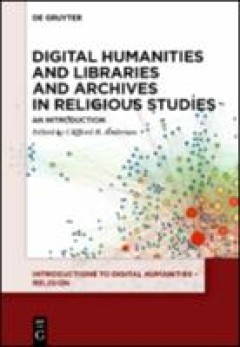
Digital humanities and libraries and archives in religious studies : an intro…
How are digital humanists drawing on libraries and archives to advance research in the field of religious studies and theology? How can librarians and archivists make their collections accessible in return? This volume showcases the perspectives of faculty, librarians, archivists, and allied cultural heritage professionals who are drawing on primary and secondary sources in innovative ways to c…
- Edition
- -
- ISBN/ISSN
- 9783110536539
- Collation
- 167 pg; ill.
- Series Title
- -
- Call Number
- 001.30285 DIG d
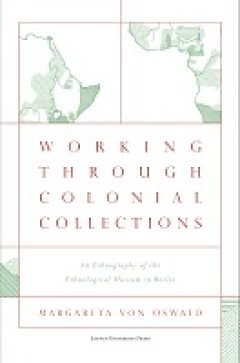
WORKING THROUGH COLONIAL COLLECTIONS : an ethnography of the ethnological mus…
Reckoning with colonial legacies in Western museum collections What are the possibilities and limits of engaging with colonialism in ethnological museums? This book addresses this question from within the Africa department of the Ethnological Museum in Berlin. It captures the Museum at a moment of substantial transformation, as it prepared the move of its exhibition to the Humboldt Forum, a new…
- Edition
- 1
- ISBN/ISSN
- 9789462703100
- Collation
- 321p.; ill.
- Series Title
- -
- Call Number
- 301 WOR v
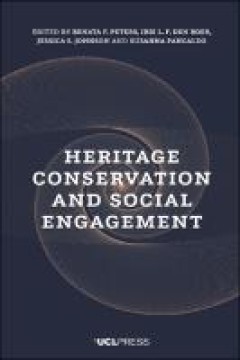
Heritage conservation and social engagement
Heritage Conservation and Social Engagement explores different kinds of engagement, participation, access, and creative use of resources motivated by the practice of conservation, and offers ethical and practical perspectives from which to approach cultural heritage projects. The chapters are structured around the themes of engagement and participation, with an emphasis on the value of cross-di…
- Edition
- -
- ISBN/ISSN
- 9781787359239
- Collation
- xiv, 182 p. : ill.
- Series Title
- -
- Call Number
- 363.69 HER h
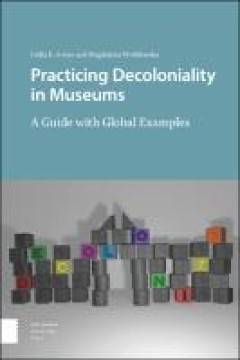
Practicing decoloniality in museums : a guide with global examples
The cry for decolonization has echoed throughout the museum world. Although perhaps most audibly heard in the case of ethnographic museums, many different types of museums have felt the need to engage in decolonial practices. Amidst those who have argued that an institution as deeply colonial as the museum cannot truly be decolonized, museum staff and museologists have been approaching the issu…
- Edition
- -
- ISBN/ISSN
- 9789048554836
- Collation
- 125 p.
- Series Title
- -
- Call Number
- 069 ARI p
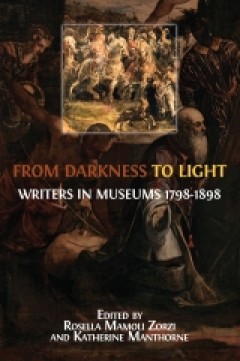
From darkness to light: writers in museums 1798-1898
Written by an array of international experts, these collected essays gather perspectives from a diverse range of cultural sensibilities. From sensitive discussions of Tintoretto’s unique approach to the play of light and darkness as exhibited in the Scuola Grande di San Rocco in Venice, to the development of museum lighting as part of Japanese artistic self-fashioning, via the story of an epi…
- Edition
- -
- ISBN/ISSN
- 9781783745517
- Collation
- xviii, 371 p. : ill. : ind. ; 24 cm
- Series Title
- -
- Call Number
- 729.28 FRO f
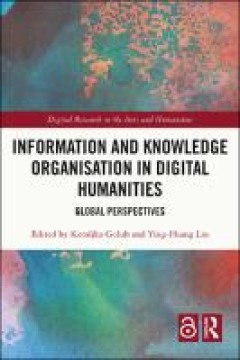
Information and knowledge organisation in digital humanities: global perspect…
Information and Knowledge Organisation explores the role of knowledge organisation in the digital humanities. By focusing on how information is described, represented and organised in both research and practice, this work furthers the transdisciplinary nature of digital humanities. Including contributions from Asia, Australia, Europe, North America and the Middle East, the volume explores the p…
- Edition
- -
- ISBN/ISSN
- 9781003131816
- Collation
- xxiii, 290 p. : ill.
- Series Title
- Digital Research in the Arts and Humanities
- Call Number
- 658.038 GOL i
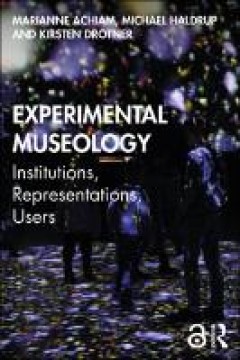
Experimental museology: institutions, representations, users
Experimental Museology scrutinizes innovative endeavours to transform museum interactions with the world. Analysing cutting-edge cases from around the globe, the volume demonstrates how museums can design, apply and assess new modes of audience engagement and participation. Written by an interdisciplinary group of researchers and research-led professionals, the book argues that museum transform…
- Edition
- -
- ISBN/ISSN
- 9780367808433
- Collation
- XV, 214 p.
- Series Title
- -
- Call Number
- 069 EXP e
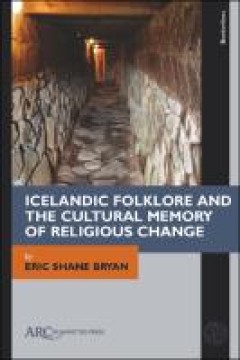
Icelandic folklore and the cultural memory of religious change
This book attempts to understand the origins and development of religious belief in Iceland and greater Scandinavia through the lenses of five carefully selected Icelandic folktales collected in Iceland during the nineteenth century. Each of these five stories has a story of its own: a historical and cultural context, a literary legacy, influences from beliefs of all kinds (orthodox and heterod…
- Edition
- -
- ISBN/ISSN
- 9781641893763
- Collation
- VII, 162 p.
- Series Title
- Borderlines,
- Call Number
- 398 BRY i
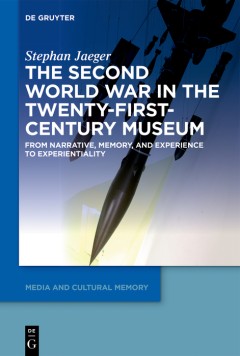
The Second World War in the Twenty-First-Century Museum : from narrative, mem…
The Second World War is omnipresent in contemporary memory debates. As the war fades from living memory, this study is the first to systematically analyze how Second World War museums allow prototypical visitors to comprehend and experience the past. It analyzes twelve permanent exhibitions in Europe and North America – including the Bundeswehr Military History Museum in Dresden, the Museum o…
- Edition
- -
- ISBN/ISSN
- 9783110664416
- Collation
- XIV, 354 p.
- Series Title
- Media and Cultural Memory / Medien und kulturelle Erinnerung, 26
- Call Number
- 943 JAE s
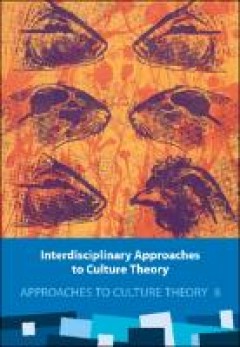
Interdisciplinary Approaches to Culture Theory
The central theme of the volume is interdisciplinary experimentation. The volume includes collaborative and interdisciplinary studies on a variety of topics, from territorialisation of theory, relations between culture theory and research methodology, culture-dependent meaning formation, power relations in discourses on religion, communal heritage management, celebration practices of (national)…
- Edition
- -
- ISBN/ISSN
- 9789949033041
- Collation
- -
- Series Title
- -
- Call Number
- 930.1 INT i
 Computer Science, Information & General Works
Computer Science, Information & General Works  Philosophy & Psychology
Philosophy & Psychology  Religion
Religion  Social Sciences
Social Sciences  Language
Language  Pure Science
Pure Science  Applied Sciences
Applied Sciences  Art & Recreation
Art & Recreation  Literature
Literature  History & Geography
History & Geography